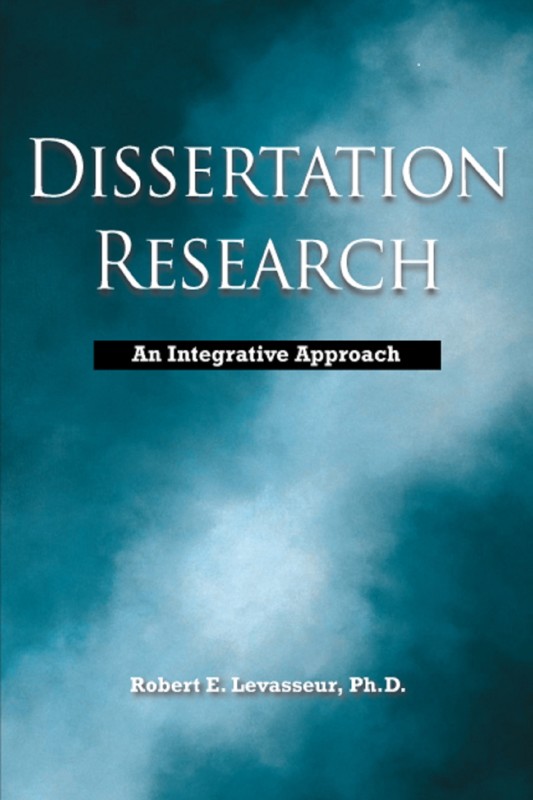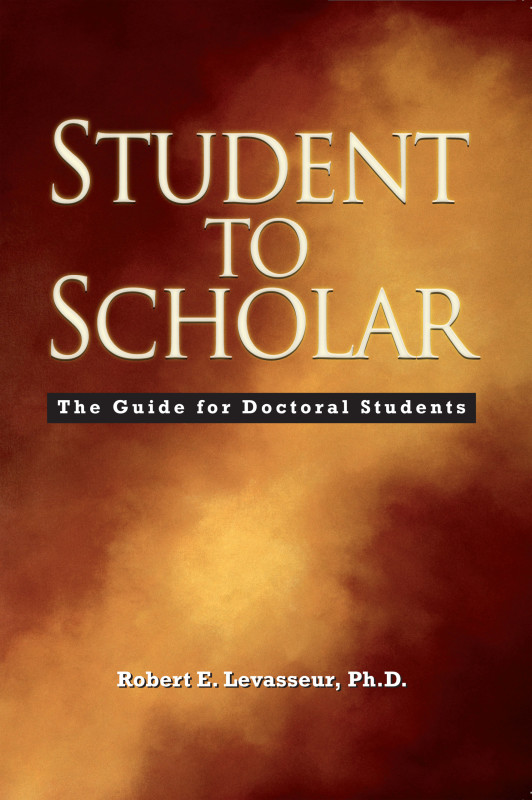Secrets of Doctoral Study: Speed vs. Quality
When I was a doctoral student, my mentor was a terrific fellow who had very high academic standards (which I appreciated), but who was also blessed with a sense of humor (which I also appreciated).
A short time into my program of study, he correctly surmised that I had several key goals: (a) to learn as much as possible by doing high quality work, (b) to save money by finishing as quickly as possible, and (c) not to trade-off one (quality) for the other (speed).
In short, I wanted it all. Compromise was not an option. Given this set of specifications, my mentor came up with a saying that became my mantra: “Work hard, go fast, save money!”
Using the concepts explained in Student to Scholar, I earned my degree in the minimum amount of time permitted by my university at the time, 30 months, which was about 50% of the time it took the average student at my university to complete his or her doctorate.
In addition, my level of scholarship was high enough to earn me a full-time position on the faculty, where every day I had the opportunity to help others achieve their goal of earning a Ph.D. Needless to say, this was a dream come true for me.
Now, it is time to work on making your dreams come true by explaining some of the concepts, methods, tools, and techniques that I used to accelerate my doctoral program dramatically. We start, in the next section, with the extremely important notion of the connection between quality and speed.
The Quality-Speed Connection
What is the relationship between working fast (speed) and doing good work (quality)? How do they interact to affect the time it takes to complete your program (i.e., completion time)?
The following constitutes the conventional wisdom on the subject:
Focusing on speed decreases quality.
Focusing on quality decreases speed.
Therefore, to maintain quality you have to go slowly, which increases time to completion.
Alternatively, to maintain a high speed and complete your program expeditiously you have to sacrifice quality.
If you believe that speed and quality work at cross purposes and you act accordingly, they will appear to work against each other. In short, if you are not careful, you will join the ranks of doctoral students who have made this a self-fulfilling prophecy.
Please understand that viewing the world in this way is not per se a bad thing. I know people who started their programs when I did and took as long, or longer, than the average student (at least twice as much time as me) to earn their degrees because they placed a premium on learning and relegated completion time to secondary status.
There is absolutely nothing wrong with this approach. It suited their needs perfectly. In fact, if they had tried to act like me, they would not have had the doctoral experience they were seeking.
I know others, thankfully only a very few, who just wanted a piece of paper. To them, speed was of the essence, while quality (i.e., learning) did not matter. Fortunately for me and the majority of hard working students who want their degree to mean something, these substandard students became the focus of much faculty attention.
This meant that they had to revise their work substantially so that it at least met the minimum quality standards of the university. In the end, the few who did succeed in earning a doctorate by taking this low-quality path failed to shorten their programs of study. If anything, they lengthened them.
So, assuming that optimizing both quality and speed is as important to you as it was to me, let us continue.
By now, you may have begun to figure out one of the secrets to accelerating a doctoral program. It involves understanding the relationship between quality (and speed), and a key hidden variable that lies at the center of the process—revision time.
To learn more about the secrets to doctoral study success, read Student to Scholar and Dissertation Research.


